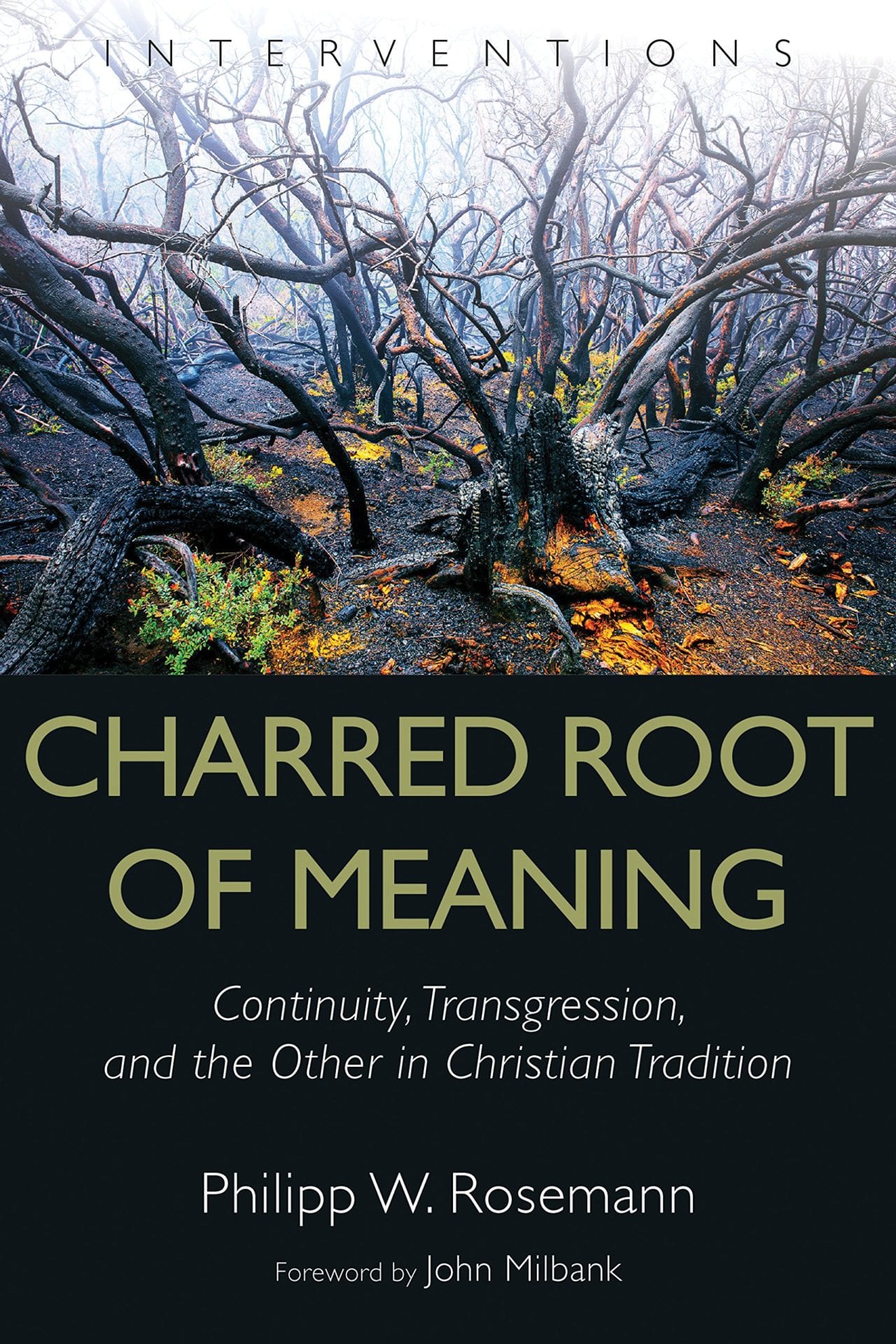Charred Root of Meaning
Continuity, Transgression, and the Other in Christian Tradition
(Wm. B. Eerdmans, 2018)
WHO: Philipp W. Rosemann, the Chair of Philosophy at the National University of Ireland, Maynooth.
HE SAYS: “In its self-understanding, the Christian tradition originates in an irruption of the divine Other, which radically transforms and reconfigures the world into which it breaks.”
THE BIG IDEA: The life of tradition comes out of, and periodically returns to, a charred root of meaning. Divine revelation occurs as an irruption that challenges the exiting order. The preservation of tradition requires that this challenge be periodically repeated.
THE PROGRESSION:
Offering a historical, theological and philosophical approach to Christian tradition, the author shows how transgression and reformation keep the Christian faith alive. He discusses the irruption of the divine in the Mount Sinai narrative, viewing the incarnate God as the new Moses and what the Christian tradition looks like in the pagan world. He follows this section with a summary of his conclusions thus far.
In the second half of the book, the author looks at the Christian tradition from a philosophical point of view and wraps up with a second summary chapter.
“Tradition and transgression, far from excluding each other, are inextricably connected. The Christian tradition is often, and rightly, seen as a conservative force aimed at the transmission of the deposit of faith through time. Yet, the tradition could not exist without the transgressions that founded it, that is to say, without God stepping over the limits of the profane world of everyday life to reveal himself.”
Order this book from Amazon.com »
Read an excerpt from this book »

